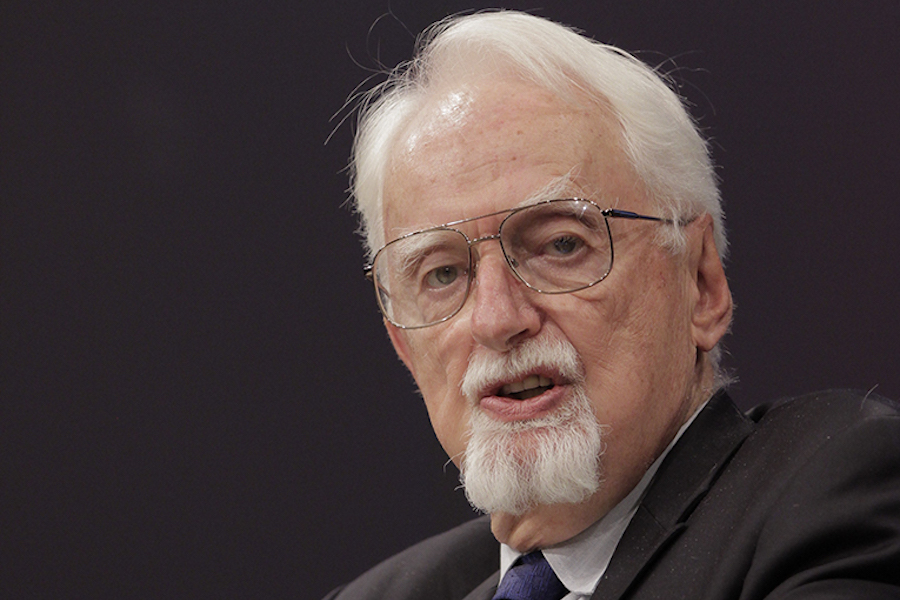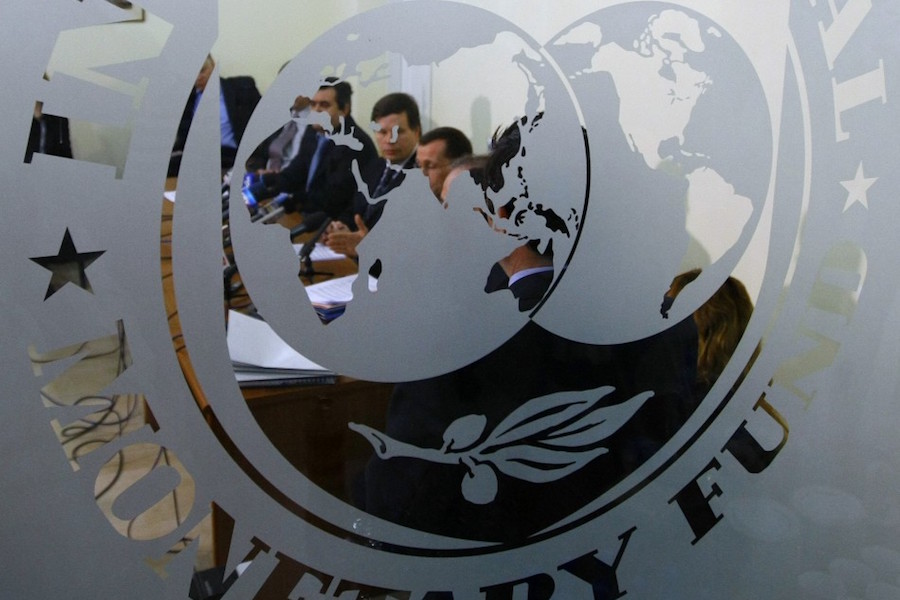Articles
Articles and analyses from the INET community on the key economic questions of our time.

Shadow banking’s enduring perils
Five lessons from the last crisis — for managing the next one
When Economists Attack

The Road not Taken
Axel Leijonhufvud showed economists a promising path forward. They should have taken it. Leijonhufvud passed away on May 5, 2022

Three Questions with Dean Corbae
Dean Corbae is a leader of the Markets network and Professor of Finance, Investment, and Banking at the Wisconsin School of Business, where he also holds an appointment in the Department of Economics. His current research focuses on consumer credit and bankruptcy, foreclosures, and banking industry dynamics.

Three Questions with John Eric Humphries
John Eric Humphries is a member of the Inequality: Measurement, Interpretation, and Policy (MIP) network and a National Science Foundation Graduate Research Fellow in the Department of Economics at the University of Chicago. He is the co-author of the book, The Myth of Achievement Tests, The GED and the Role of Character in American Life, along with James J. Heckman and Tim Kautz. Humphries is also a 2013 alum of the Summer School on Socieconomic Inequality.

Panama: Cheating “Epidemic” Crowds Out Honest Business, Implicates Banks
Leading expert says Iceland is showing the way on tackling a global peril.

Marcello de Cecco (1939-2016)
Paying tribute to one of the world’s most distinguished economic historians.

New Report on Trans-Pacific Partnership Trade Deal Raises Serious Concerns about Corporate Misalignment
The Haas Institute for a Fair and Inclusive Society’s report analyzes the Trans-Pacific Partnership and examines the widespread global implications in the event of its passage.
The China Delusion

The IMF unlocks billions in aid, but from whom?
On 25 September 2015, the United Nations General Assembly adopted the Sustainable Development Goals (SDGs), an ambitious policy agenda that aims to eradicate poverty, in all its forms and dimensions, by 2030.

Rejoinder to Flassbeck and Lapavitsas
It is high time to ditch this myth for at least the following five reasons.

The Scientific Limits of Understanding Complex Social Phenomena
Since Aristotle the question about the potential relationship between economic inequality and democratic changes has been studied and debated – but scientifically our ability as researchers to assess and understand how such complex social phenomena may be related is much more limited than recognised.